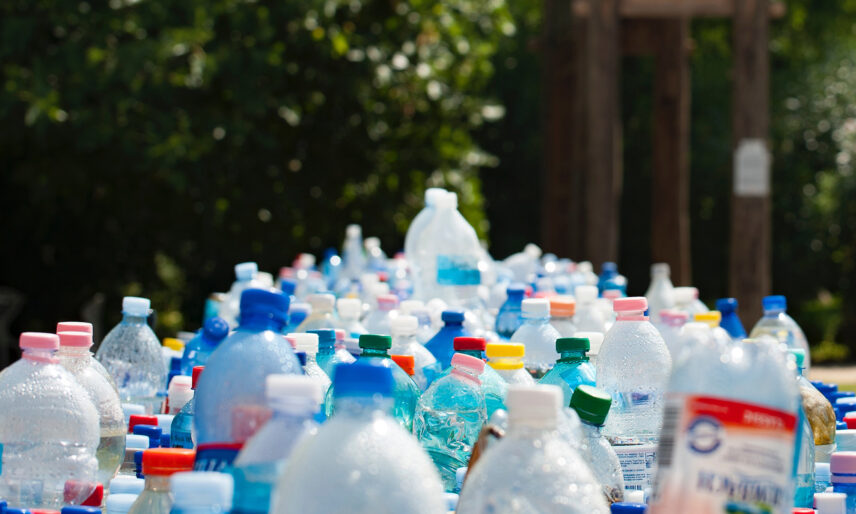In the years ahead, expect to see more consumer brands finding innovative ways to reuse and recycle materials.
Most of us are familiar with “reduce, reuse, recycle,” but how many of us are actually living it? How many companies have embedded minimizing waste in their business model? Increasingly, the idea of a “circular economy” model is gaining traction, signaling a seismic shift away from throwaway retail and teeming landfills — towards a smarter, less wasteful approach to consumerism. Among the global companies that have recently embraced the circular-economy ethos are Ikea, which trialled a used furniture buyback program last year; Adidas, which unveiled its first fully recyclable running shoe; and Burger King, which is testing reusable food containers in select markets around the world. Stephanie Cairns, Director of Circular Economy at the Smart Prosperity Institute, demystifies the concept and shares ways we can adopt a more “circular” mindset at the personal level.
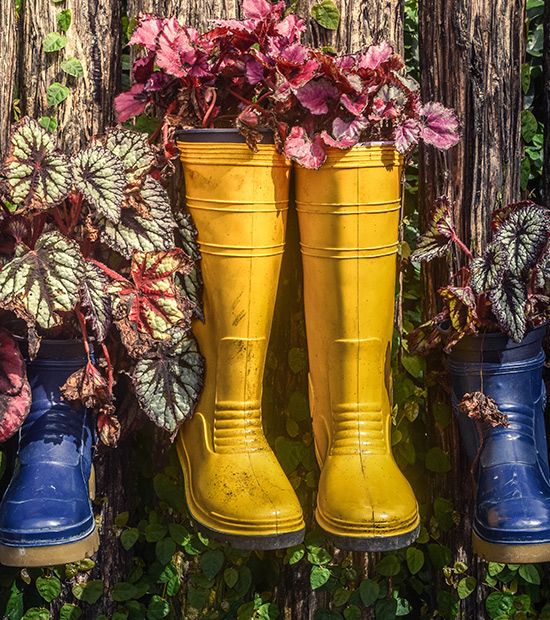
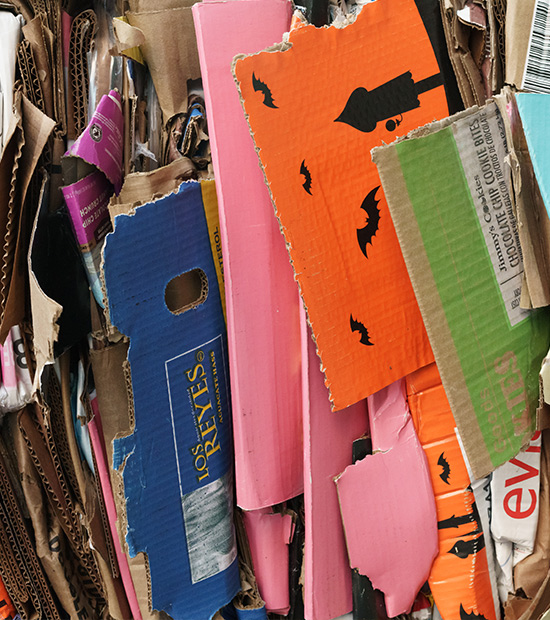
How is the circular-economy model different from our existing system?
Our current economic model — which describes how we’re managing the production of goods and services, and how we use them — is a linear economy model. Typically, we extract renewable or non-renewable resources from the earth, then manufacture Our current economic model — which describes how we’re managing the production of goods and services, and how we use them — is a linear economy model. Typically, we extract renewable or non-renewable resources from the earth, then manufacture and process them. We sell them, they’re typically used once, and then a vast majority of those materials are sent to a landfill. Some are kept in “stock,” which means they might be used in a building or in road infrastructure or placed in your house for a while.
The concept of a circular economy comes from a growing awareness that our current model is just indefensible when we look at the environmental impact it has. The inspiration behind the movement is that we can redesign our economy to use fewer materials, manufacture them in a cleaner way, and use the materials that we do produce over and over again, for as long as possible.
This isn’t necessarily a new idea, but it seems to be really gaining steam now. Why?
What’s really driving interest in the circular economy now boils down to three things. One is that we are staring at some environmental cliffs. But deeply tied to that is that these crises are putting a lot of supply chains at risk, and corporations are starting to assess how to secure materials in their respective sectors. A company that makes jeans might find out that their cotton production is being affected by drought, for example. The third major driver is that we have new technologies that just weren’t as widespread 20 years ago, and they allow us to address these issues.
What adjustments need to be made at the policy level to encourage the circular economy? Where can we see this in play already?
This really is a systems-change thing. There’s increasing recognition that the only way to manage this is to have people talking across supply chains, and really understanding how to shift supply in concert with shifting demand — because no one actor can change the whole system. Most places in Europe can do a material flow-analysis for their city or country, but in Canada, we still don’t have a lot of data that would help us understand how materials are flowing through the economy, or where there are opportunities for resource efficiency. Where is waste being produced that could be redirected for input in another industry?
In the same way that carbon pricing is core to climate policy, in a circular economy, there’s also the concept of extended producer responsibility, which means that corporations should be responsible for the end-of-life management of the materials in their products. In Canada — particularly Ontario, B.C., and Alberta — a lot of the blue-box recycling programs are transitioning to more of an extended producer-responsibility model. The focus there is residential waste, but it can apply to many other sectors as well. We have to create a supportive space for experimentation to allow new solutions to emerge.
How can people employ circular-economy principles in their own lives?
There have been a lot of conversations around adopting more traditional practices, ones that were much more familiar among older generations, or in First Nations cultures — say, using all the elements of an animal that’s harvested. That thrifty mindset isn’t about hairshirt fussiness but understanding that we have plenty in our current system. Do you need the thing you’re reaching for [in the store]? Is there a way you can use what you already own for longer? Ideas like the sharing economy — where one neighbourhood owns one lawn mower, or libraries have tools — introduce using the material investments we’ve already made more efficiently. So conversations around moving us to Mars, you know, they’re amazing, but we may just not be using what we have well.
What kinds of mindset shifts are needed?
We really don’t take much personal responsibility for our ways, you know. We just put stuff in the garbage, it gets miraculously taken away, and we stop thinking about it. Focus not only what you’re bringing into your system, but also, consciously, what you’re putting out of your household system. If it were a closed system, what would be needed to keep it going? And are there ways to meet your needs that don’t involve consumerism?
Conversations around the environment tend to skew a bit ‘gloom-and-doom.’ How does a circular economy model give us reason to be hopeful?
There are a lot of opportunities for disruptive and innovative new niche business developments in the circular economy. I go to my local market and see people making beautiful kids clothes salvaged from old sweaters and stuff like that. As a country, we’ve invested a lot in the blue-box system and the conversation around plastics, and Canadians are justifiably really proud of that. The challenge now will be in scaling everything up.
Read More
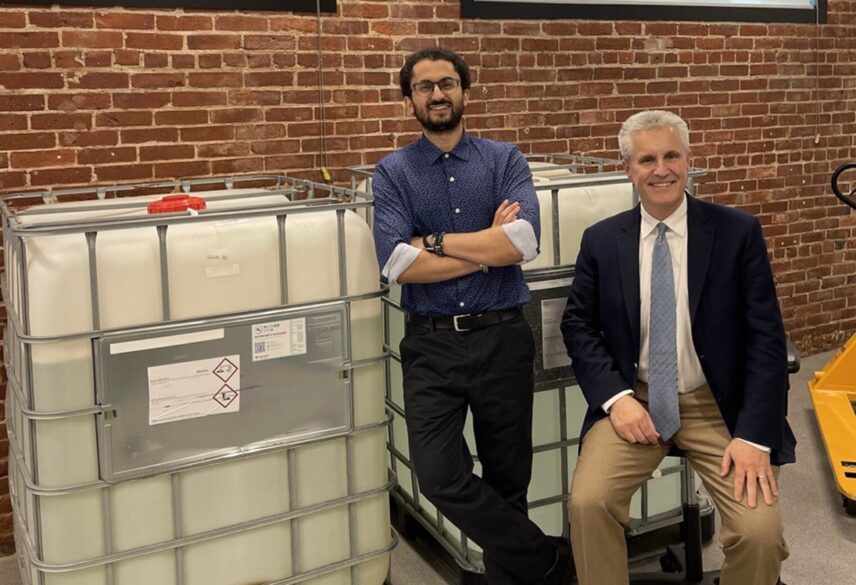
Podcast | Mar, 2025
Episode 74: Mo Alkhadra, Lithios
Lithium demand is skyrocketing, but traditional extraction methods are water-intensive, expensive, and slow. That’s where Lithios comes in. In this…
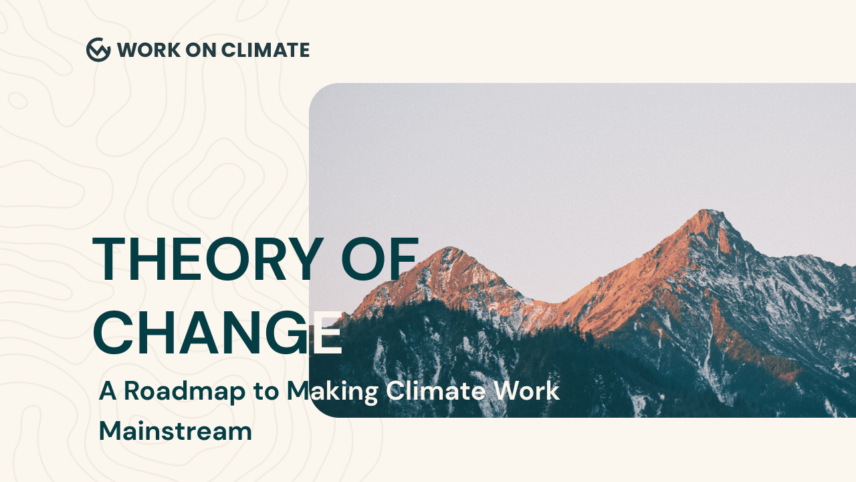
Podcast | Mar, 2025
Episode 73: Eugene Kirpichov, Work On Climate
What happens when a Google engineer walks away from a high-paying career to fight the climate crisis? He discovers a…

Podcast | Feb, 2025
Episode 72: Sue Abrams & Jerome Konecsni, ABAzyne Bioscience
In this episode, we explore the cutting-edge science helping farmers fight back against extreme weather. Marco sits down with Sue…
